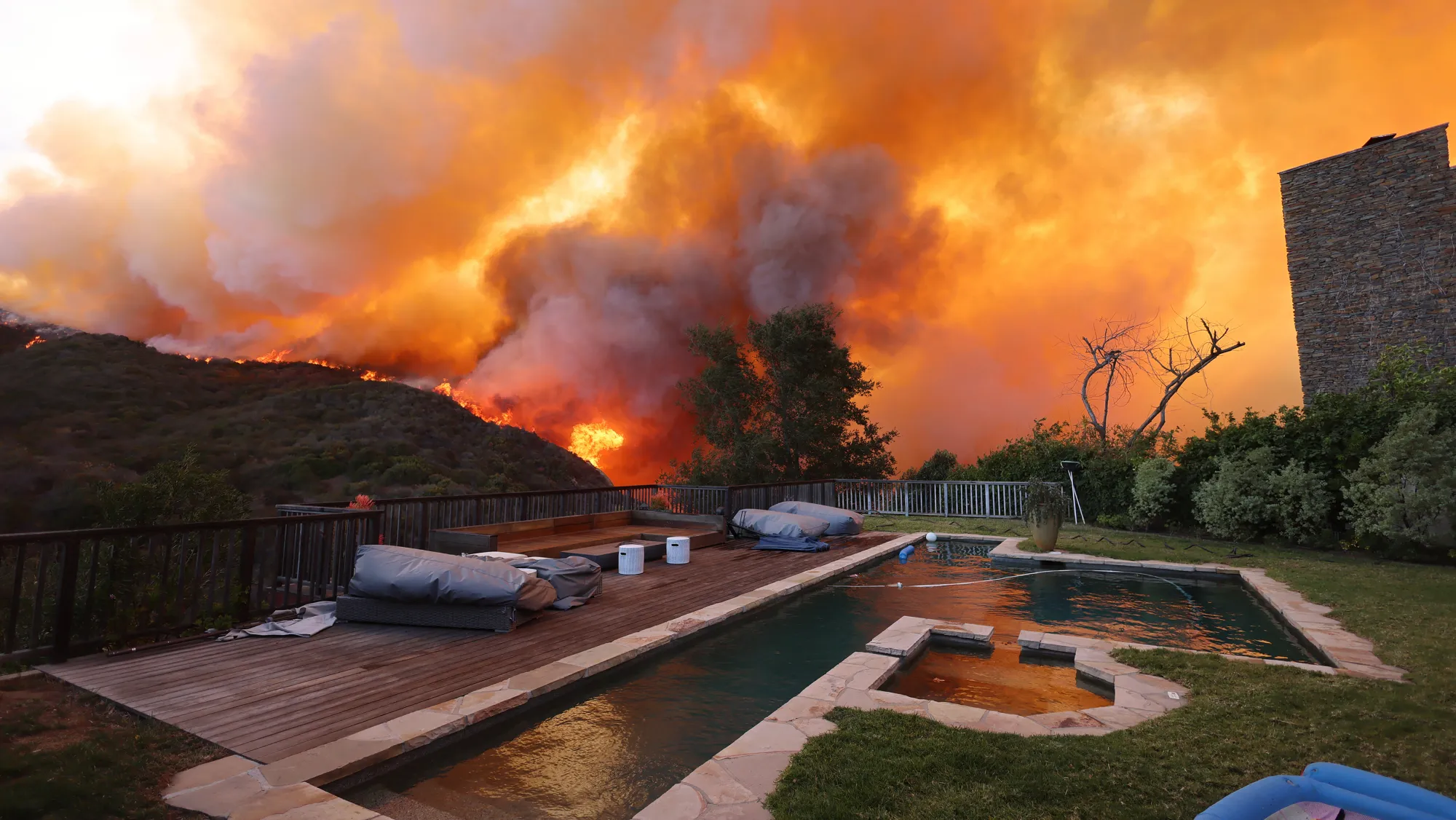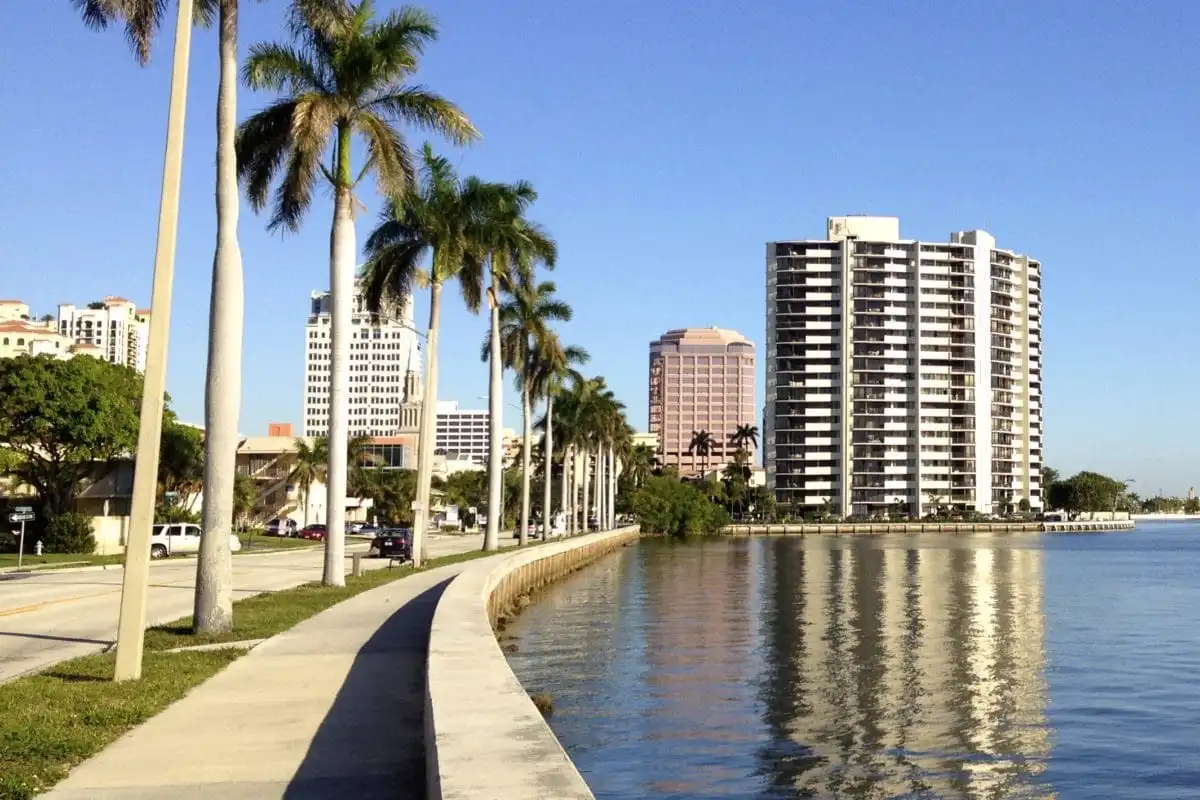Fire Victims Scramble for Housing as Real Estate Prices Surge in Pacific Palisades and Altadena
The devastation caused by the recent fires in Pacific Palisades and Altadena has left thousands of families homeless, triggering an unprecedented scramble for housing in an already competitive real estate market. As residents search for stability amidst the chaos, the housing landscape reveals a story of desperation, resilience, and stark economic challenges.
A Housing Crisis in the Aftermath of Disaster
In the wake of the fires, local real estate agents report an overwhelming demand for rental properties and homes for sale. With their residences reduced to ashes, many displaced families are frantically seeking temporary or permanent housing options. This sudden influx has intensified competition in the market, with bidding wars becoming the norm.
David Berg, a real estate agent with Compass’s Smith & Berg Property Group, highlighted the sheer volume of inquiries. “Our phones have rung hundreds of times since Tuesday afternoon,” Berg said. A newly listed home in Brentwood received over 10,000 views on Redfin within an hour, underscoring the fierce demand.
The Rising Cost of Stability
Rental prices, already steep in areas like Pacific Palisades and Altadena, have soared in the aftermath of the disaster. Despite California’s price gouging laws, which cap rental increases at 10% during a state of emergency, some landlords are reportedly pushing these limits. Real estate agents confirm that short-term furnished rentals are being leased at record rates, with some families offering a year’s rent upfront in cash to secure housing.
Evan Fisher, a psychologist and father of three, embodies the struggle of many displaced families. After fleeing his five-bedroom home, Fisher quickly began searching for a rental property near his daughters’ school. Despite visiting nine properties and applying for two, the competition remains fierce. “There are thousands of people trying to do the same thing,” he remarked.
Market Shifts: From Renting to Buying
For some families, buying a home outright has become a more viable solution than waiting years to rebuild. Insurance payouts are enabling these decisions, with funds being allocated toward new mortgages rather than rental agreements. According to F. Ron Smith of Compass, the rebuilding process—involving permits, planning, and construction—could take three years or more, pushing families toward immediate purchases.
Natural relocation spots like Malibu and Santa Monica are now expanding to include areas such as Mar Vista, Westchester, and even the San Fernando Valley as families seek affordable and available properties. Real estate agents are reportedly coordinating relocations across Southern California, from Santa Barbara to Palm Springs.
Ethical Dilemmas Amid High Demand
While many landlords are capitalizing on the increased demand, others are refusing to exploit the situation. Personal injury attorney Andrew Alexandroff, who owns a property in Beverly Hills, chose not to raise rents despite the intense interest. “It just felt awful to try to take advantage of a catastrophe,” Alexandroff stated.
However, not all property owners share this sentiment. Instances of blatant price gouging have been reported, with some listings increasing by as much as 28% immediately after the fires. Heidi Jensen, a real estate agent assisting displaced families, condemned such practices as “unethical” and “not nice.”
The Push to Rebuild
For those intent on returning to their original neighborhoods, rebuilding is a daunting but necessary process. Many residents are already contacting architects and contractors, racing against time to restore their homes. Real estate broker Bret Parsons shared that within a day of the fires, a client requested contact information for architects to begin reconstruction immediately.
The pandemic’s lingering effects have further complicated rebuilding efforts, with construction delays and supply chain disruptions adding to the timeline. Despite these challenges, families remain determined to reclaim a sense of normalcy.
Insights
What are the main challenges fire victims face in securing housing?
Displaced families face intense competition, high rental costs, and limited availability. Many are forced to participate in bidding wars or consider moving far from their original neighborhoods.
How are price gouging laws being enforced?
California’s price gouging laws cap rent increases at 10% during emergencies. Violators face legal penalties, though some landlords exploit loopholes or claim ignorance of the law.
Is buying a home more practical than renting after a disaster?
For some families, purchasing a home is more practical due to lengthy rebuilding timelines and insurance payouts that can be used for mortgages. This decision depends on individual financial situations and long-term plans.
How long does rebuilding typically take?
Rebuilding a home, including permits and construction, can take three years or longer, especially when large-scale disasters create high demand for contractors and materials.
What ethical considerations should landlords keep in mind?
Landlords should avoid exploiting vulnerable tenants during crises. Maintaining fair rental rates and adhering to legal protections is crucial to supporting displaced families.
As families continue to navigate this unprecedented housing crisis, the resilience of affected communities and the ethical actions of real estate professionals will play a crucial role in shaping recovery efforts. By balancing immediate needs with long-term solutions, Pacific Palisades and Altadena can begin to rebuild stronger and more united than before.













